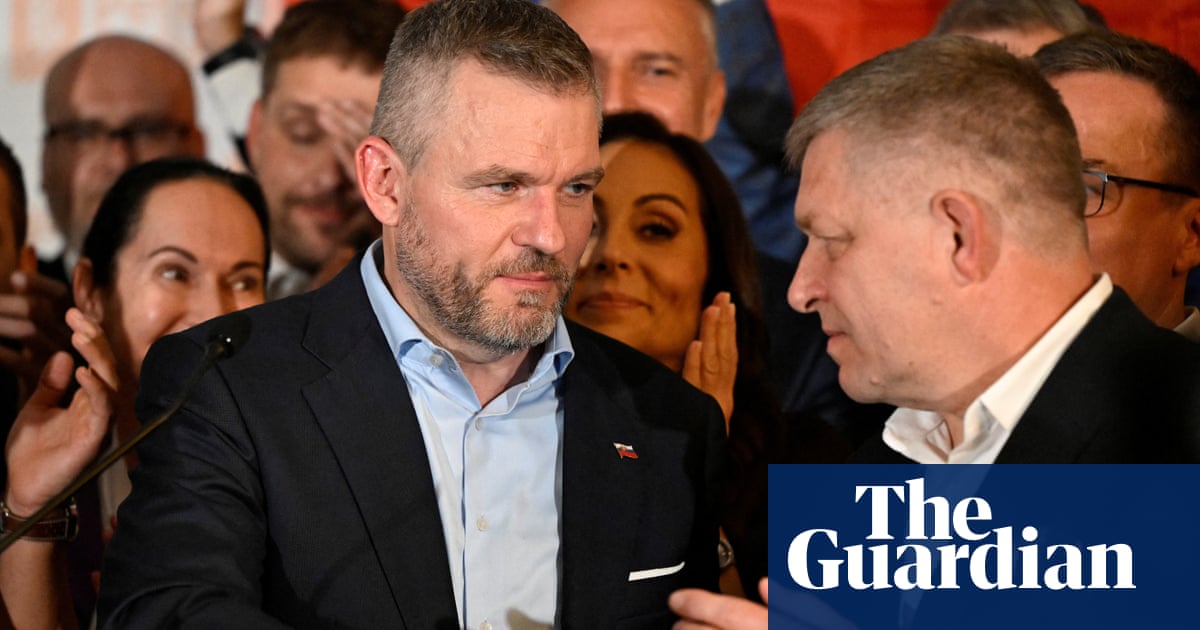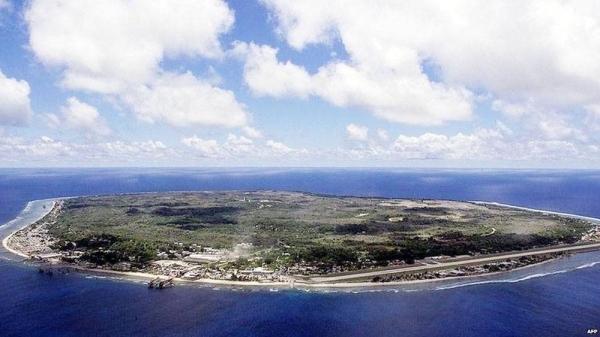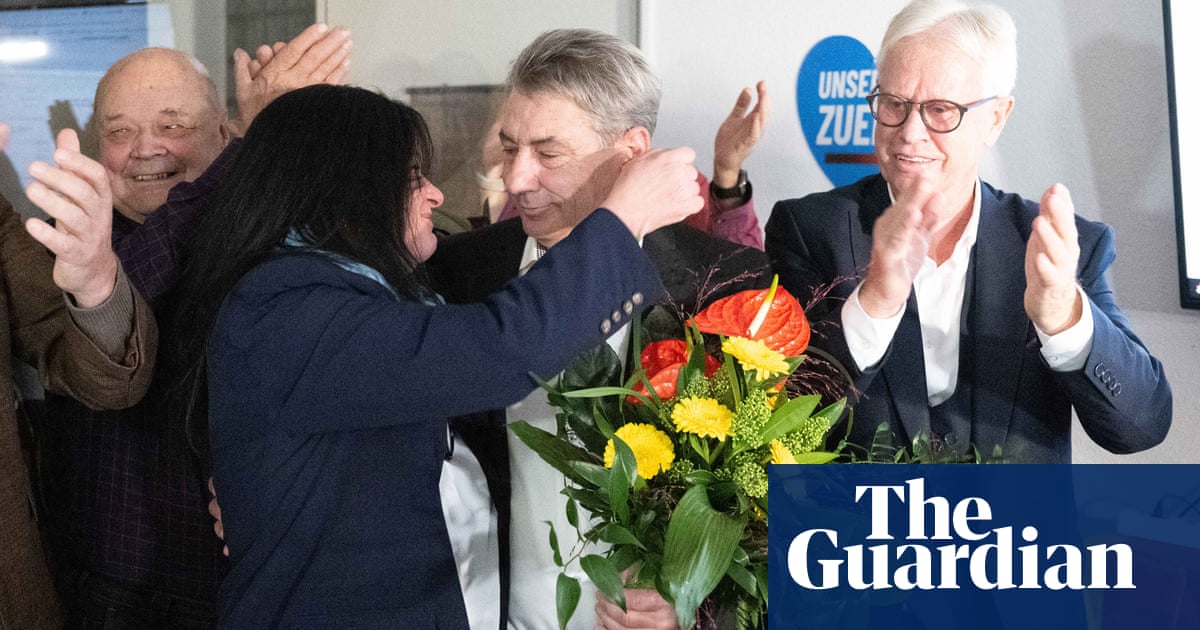
Nationalist-left government candidate Peter Pellegrini has won Slovakia’s presidential election ahead of liberal, pro-western opposition candidate Ivan Korčok.
The close ally of populist prime minister Robert Fico received 53.85% of the vote with the ballots from more than 98% polling stations counted by the Statistics Office in Saturday’s runoff election, topping former foreign minister Korčok who had 46.14%.
Speaking in Bratislava, Pellegrini vowed “to ensure that Slovakia remains on the side of peace and not on the side of war”.
Korčok conceded the defeat and congratulated the winner. “I’m disappointed,” he said, adding that he respected the result.
Pellegrini becomes Slovakia’s sixth president since the country gained independence after the split of Czechoslovakia in 1993 and will succeed Zuzana Čaputová, the country’s first female head of state.
Čaputová, a staunch backer of neighbouring Ukraine in its fight against Russia’s invasion, announced she would not run for re-election last June after receiving death threats.
Pellegrini’s victory cemented Fico’s grip on power by giving him and his allies control of major strategic posts.
Slovakia’s president picks the prime minister after parliamentary elections, swears in the new government and appoints constitutional court judges. The president can also veto laws, though parliament can override the veto with a simple majority, and challenge them at the constitutional court. The head of state also has the right to pardon convicts.
The government, led by the prime minister, possesses most executive powers.
Fico’s leftist Smer (Direction) party won the parliamentary elections in September on a pro-Russian and anti-American platform.
Pellegrini, 48, who favours a strong role for the state, heads the leftwing Hlas (Voice) party, which finished third in the vote and joined a governing coalition with Fico and the ultranationalist Slovak National party.
Critics worry Slovakia under Fico will abandon its pro-western course and follow Hungary’s direction under its populist prime minister, Viktor Orbán.
The new government immediately halted any arms deliveries to Ukraine. Thousands have taken to the streets across Slovakia recently to rally against Fico’s pro-Russian and other policies, including plans to amend the penal code and take control of the public media.
Korčok was critical of the government’s moves, which protesters fear could undermine the rule of law, while Pellegrini backed the new government and did not question its policies.
Prior to the vote, Pellegrini told the AFP news agency that the European Union and Nato were “divided between those who are in favour of the continuation of the war [between Russia and Ukraine] at all costs, and those who demand the start of peace negotiations”.
Korčok, the former ambassador to the US and Germany, firmly supports Slovakia’s EU and Nato memberships.
Pellegrini, who was Fico’s former deputy in Smer, became prime minister in 2018, after Fico was forced to resign after major anti-government street protests over the killing of journalist Ján Kuciak and his fiancee.
Pellegrini had temporarily parted ways with Fico after the scandal-tainted Smer lost the previous election in 2020.
With Pellegrini’s win, Fico rebounded from two straight presidential election losses. Fico was defeated at the presidential vote by Andrej Kiska 10 years ago while Čaputová claimed victory over a candidate he supported in the 2019 ballot.












